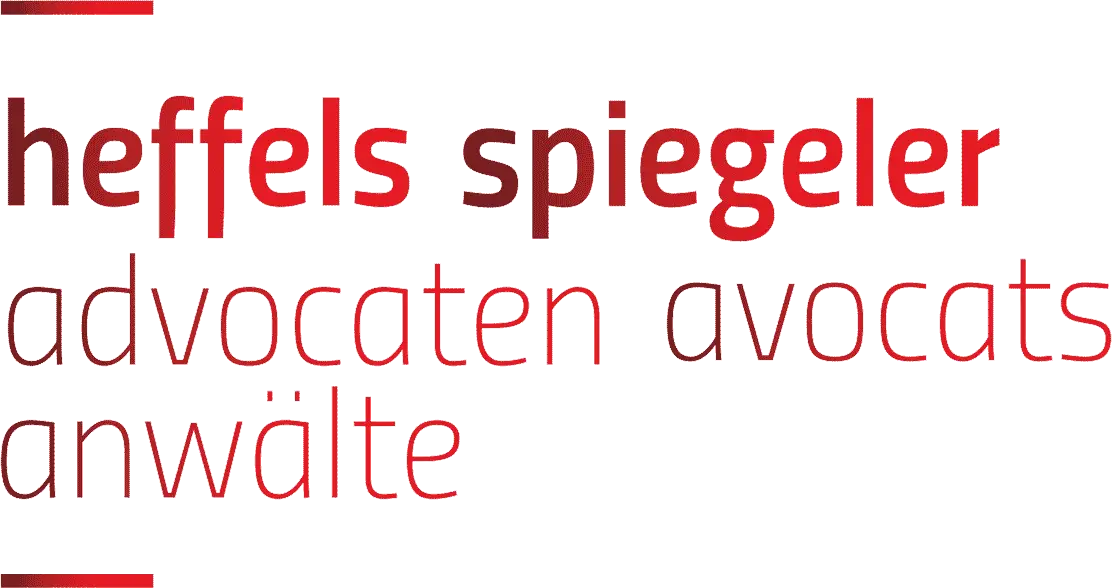 Copyright Dispute on whether an act of uploading Posters, Snapshots and Screenshots of films on an information-sharing platform for comments and exchange among Internet users constitutes fair use regulated in Article 22 of Copyright law.
Copyright Dispute on whether an act of uploading Posters, Snapshots and Screenshots of films on an information-sharing platform for comments and exchange among Internet users constitutes fair use regulated in Article 22 of Copyright law.
Douban is an information-sharing platform for Internet users to comment on and exchange about films and TV series. “On this platform, under the heading of “Obstetrician” displayed information about posters, directors, script writers, and main actors, in addition to a list of short comments by series, summaries, pictures of the scenes, etc. In the album section, there are videos, posters, screenshots of the TV series uploaded by Internet users. Flowers Film contends that as copyright holder of the TV series it is entitled to the copyright of the series, the screenshots and posters, etc.” Read more

 The “use” requirement in trademark revocation cases in China based on non-use for three consecutive years
The “use” requirement in trademark revocation cases in China based on non-use for three consecutive years It was in autumn 2016 that the Walloon Region, through its Minister President Paul Magnette, vetoed the signing of the Comprehensive Economic and Trade Agreement (“CETA”) by the European Union.
It was in autumn 2016 that the Walloon Region, through its Minister President Paul Magnette, vetoed the signing of the Comprehensive Economic and Trade Agreement (“CETA”) by the European Union. Copyright Dispute on whether an act of uploading Posters, Snapshots and Screenshots of films on an information-sharing platform for comments and exchange among Internet users constitutes fair use regulated in Article 22 of Copyright law.
Copyright Dispute on whether an act of uploading Posters, Snapshots and Screenshots of films on an information-sharing platform for comments and exchange among Internet users constitutes fair use regulated in Article 22 of Copyright law.